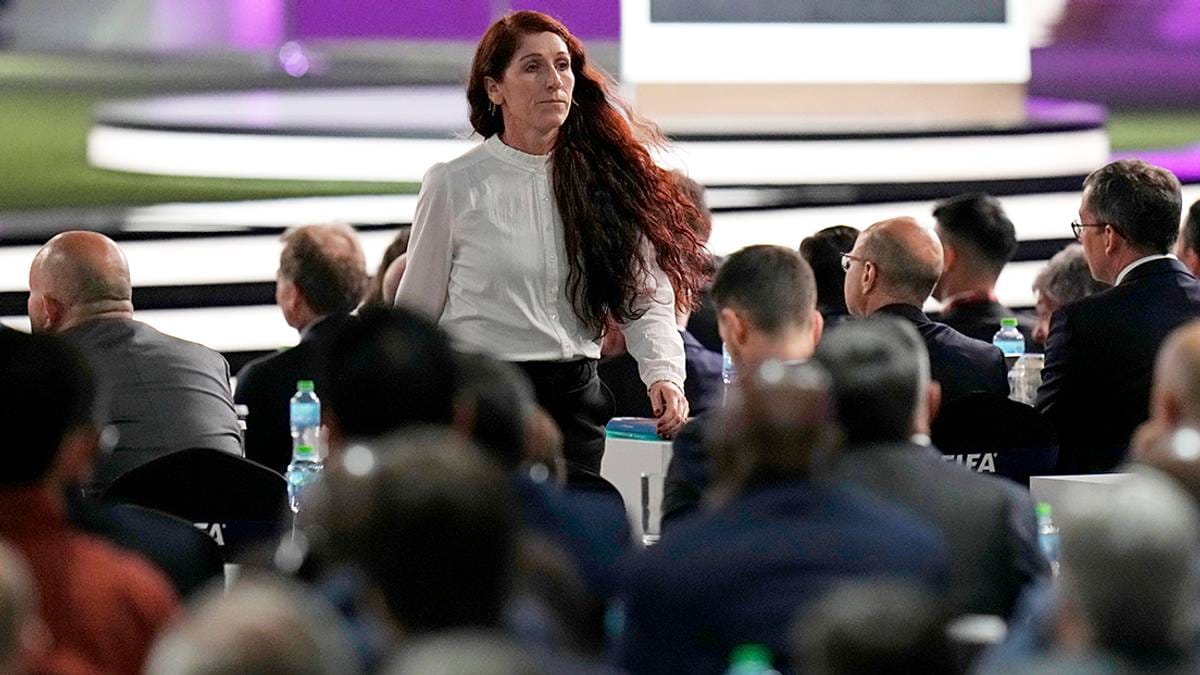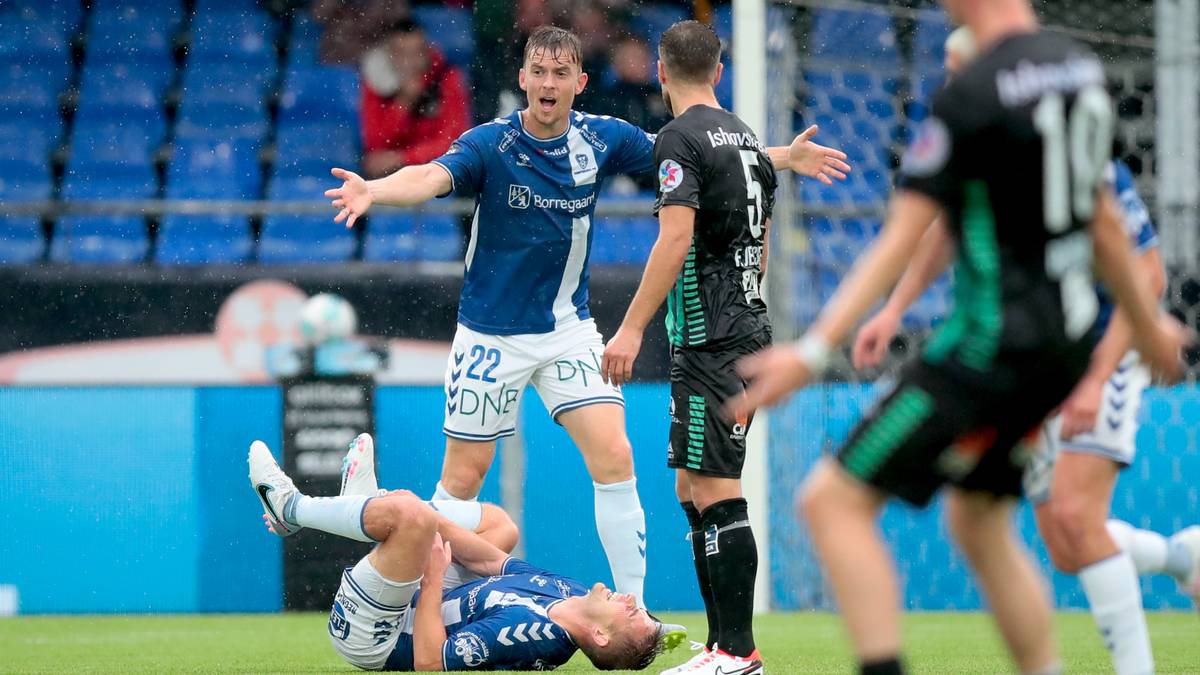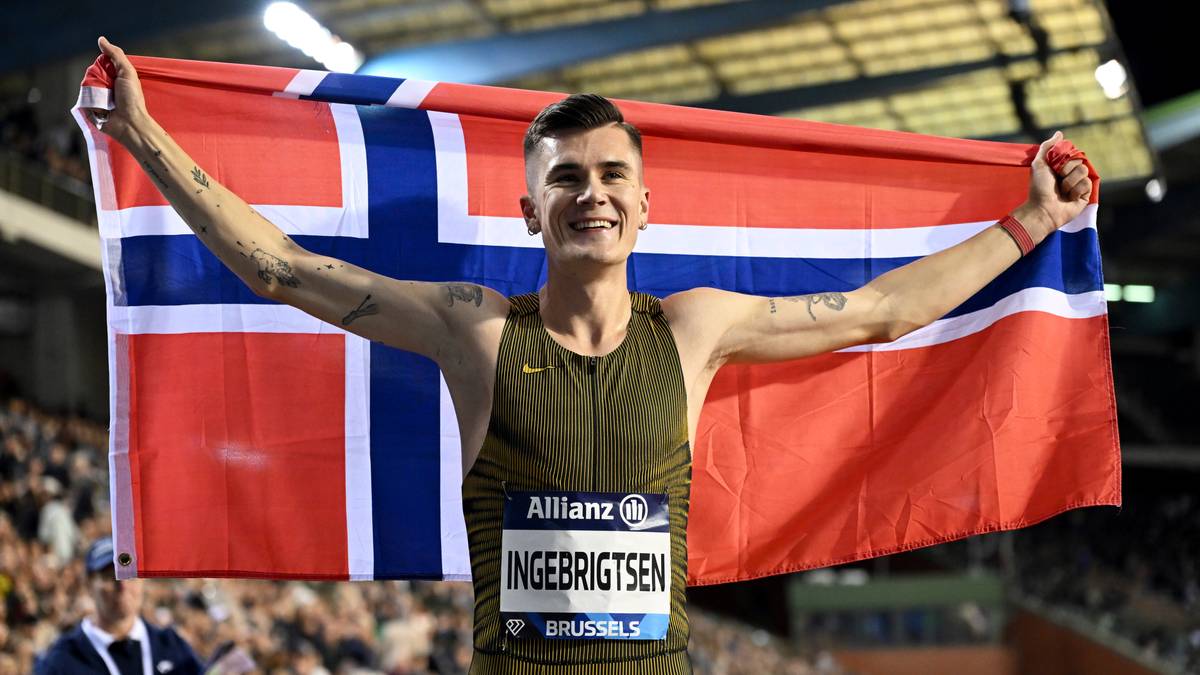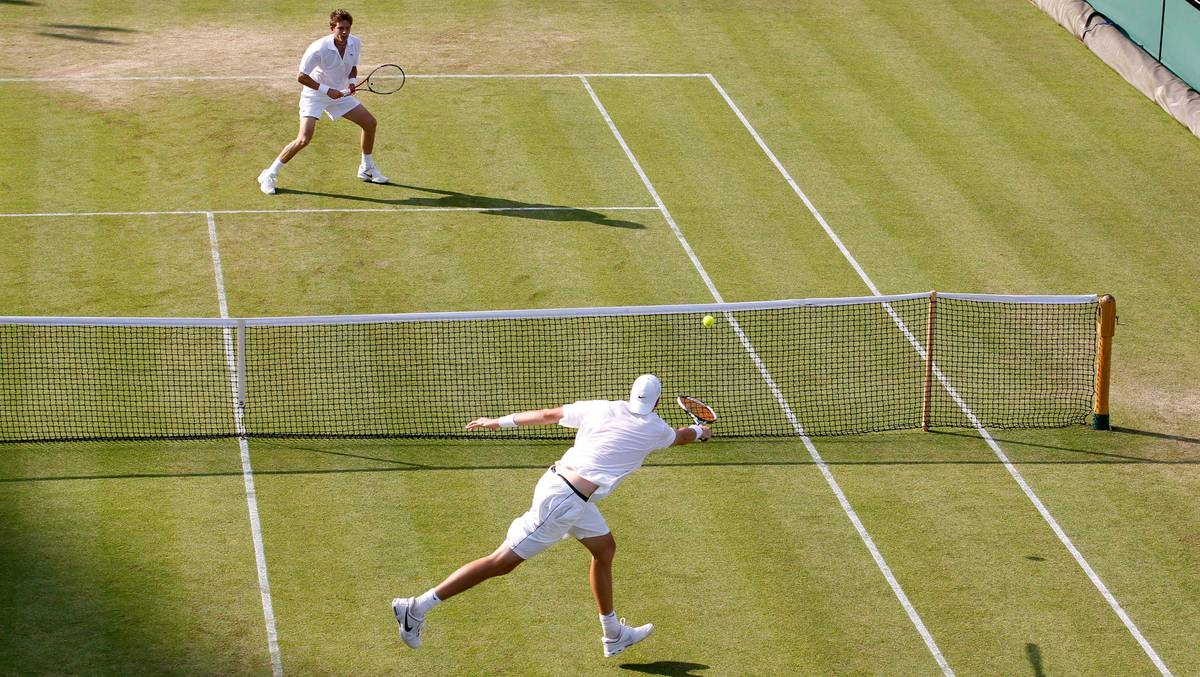On Thursday, NRK revealed that several World Cup hotels in Qatar were refusing gay people to book rooms.
Homosexuality has been criminalized in desert states, but FIFA has repeatedly assured that everyone is welcome to the World Cup.
Football president Lise Klaveness believes the hotel’s response was “unfortunately not surprising”.
This answers the hotel. We have had dialogue with several gray hotels, but despite repeated inquiries by phone and email, they have not answered whether they allow gay guests.
He believes there is no guarantee of legal certainty during the World Cup as long as Qatar’s laws are still in effect. Therefore, the NFF wants to pressure Qatar to suspend the law during the championship.
Minister of Culture Anette Trettebergstuen in an interview with VG stand behind the proposal.
According to Amnesty, homosexuality is punishable by up to seven years in prison in Qatar.
– As long as the law is not temporarily suspended, there are no guarantees. That is, after all cases with the law. You must have legal certainty, and you must know in advance that you are getting legal certainty. This is one area that the Nordic Football Association and UEFA should prioritize. “Together with several other issues, this is one of the priority areas, and we really have to press for it,” Klaveness told NRK.
warn
Klaveness’s planned trip to Qatar was postponed this week until the end of June.
The president of football will, along with the UEFA delegation, meet with Qatari authorities and a number of organisations, and legal security for LGBT+ people is one of the issues on the agenda.
However, the proposal to suspend the law met with opposition from Mari Norbakk, who is a social anthropologist and postdoctoral fellow at Institute Chr. Michelsen.

RESEARCHER: Let’s Norbakk.
Photo: Institute Chr. Michelsen
She specializes in Egypt and Qatar, and has researched gender, masculinity, women’s rights and migration.
– For local queers, this would be dangerous in the worst case. There is potential to get it Reaction for gays in Doha, and then I talk not only about gay Qataris, but also about queers with migrant backgrounds. There is a certain risk to that, Norbakk told NRK.
Norbakk believes that the possible temporary suspension of the law may have undetermined consequences when the suspension will be lifted.
– There are historical examples of more of the spotlight being directed at queer people, and this could result in a desire to implement the law. That they’re just getting more attention, and then attention could be directed to some of them who currently live a little under the radar, Norbakk said.
– It can also manifest itself in the fact that other countries are unwilling to provide assistance or have ties to certain countries because they have laws against homosexuality. Then they become gay scapegoats for such a process. One can see increased efforts to crack down on homosexuality in the aftermath, as one has been made more aware of it, Norbakk continued.

WC MANAGER: Hassan Al-Thawadi is the chair of the WC committee.
Photo: Darko Bandic / AP
The researcher emphasizes that he first and foremost wants to explain the local queer situation.
The most important recommendation is to have a dialogue with them.
– The NFF is limited to its main activity, which is football, and it is very good that they use their mandate to highlight these things. “I’m just afraid you’re going to step in and do something that will have consequences that will affect people other than supporters,” Norbakk said.
– An impossibility
NRK conveyed Norbakk’s main point to football president Lise Klaveness: That the suspension of the law is not helping local queers.
– What’s the alternative? This championship has been awarded to Qatar, we have been given a guarantee that everyone will feel safe in the country. I mean football should be played in all countries, football should be played in countries where homosexuality is prohibited, but when you have a championship everyone has to be accepted. The best thing is, of course, that the law should be suspended for good, but in that case it has to happen by a different process than football is supposed to do. Football does not achieve that goal, it goes without saying. In the case of football, of course, it is never important to get such a position again in the future, but also to have the law suspended and get legal security during the championship. The aim is not to change the laws in Qatar, although it would be great and important if that were to happen, but the real aim is to protect football. “You have to have a championship, then everyone has to be accepted,” Klaveness said.
– Norbakk thinks it could get worse. What happens after the championship when everyone comes along and becomes an activist?
– I can’t answer that. I’m not a researcher in the field, but there’s no doubt that we can’t go to a championship that prohibits gays from coming. This is an impossibility. Then you have to work to get those laws suspended during the championship, and then work with that security for gays before and after the World Cup, Klaveness said.

“Infuriatingly humble coffee guru. Travel practitioner. Freelance zombie fanatic. Certified problem solver. Food scholar. Student.”





